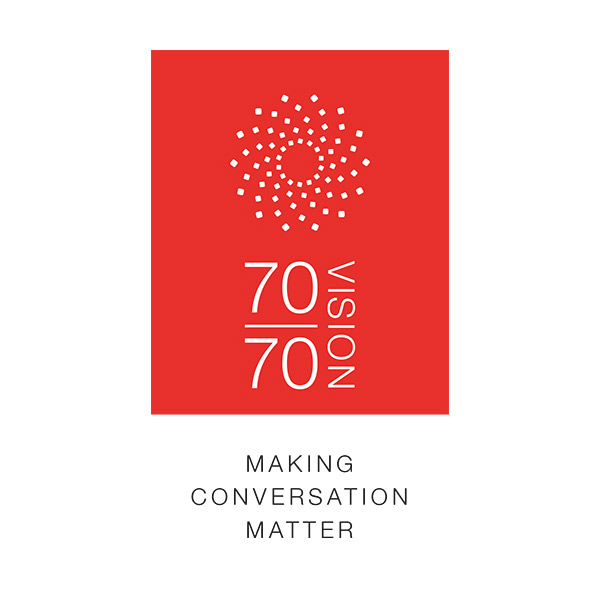 During the 1990s I was children’s TV programme organiser within the Ghana Broadcasting Corporation (GBC). Having been a teacher of drama prior to this, it was a perfect combination of my skills. Aside from being a radio broadcaster, I would be best known for the TV series By the Fireside. The programme, that was such a hit with Ghanaian children, re-enacted African folk stories with the help of child actors. My notoriety, albeit primarily in Ghana, eventually spread overseas, where my skills were in demand. In 2000 I was invited to visit various schools in Kent, England, and showcase my African cultural studies – drumming, dance, drama and story-telling.
During the 1990s I was children’s TV programme organiser within the Ghana Broadcasting Corporation (GBC). Having been a teacher of drama prior to this, it was a perfect combination of my skills. Aside from being a radio broadcaster, I would be best known for the TV series By the Fireside. The programme, that was such a hit with Ghanaian children, re-enacted African folk stories with the help of child actors. My notoriety, albeit primarily in Ghana, eventually spread overseas, where my skills were in demand. In 2000 I was invited to visit various schools in Kent, England, and showcase my African cultural studies – drumming, dance, drama and story-telling.
'a friendly face and shoulder of support'
Such was the success of my first visit, that I was asked to return in 2001. Once again it was my intention to return to Ghana and carry on working for the GBC. However, things went so well that my stay in England was extended multiple times; until one thing led to another and I was offered a work permit. I went back to Ghana, concluded my dealings with GBC and in 2003 eagerly returned and settled myself into life in Kent. I knew I had found my ‘calling’ when I saw that a permanent position at the City of London Business College had become available. I felt London, with its varied cross-section of youth, had a far greater need for African cultural studies. The move to London was successful, even though the students were a far cry from those I’d experienced in Kent – which proved a challenge, but nothing I couldn’t handle.
Helping those within the confines of the school was all well and good. Yet, I knew reaching a wider audience within the community was of equal, if not greater, importance. With this in mind I started freelancing at other schools as well as establishing my own study centre. With everything going well, it felt like the right time for my husband and two children to travel from Ghana to join me in London. The cost of living in London, coupled with the need for a bigger house, meant that we considered moving back to Kent, then Braintree, before settling upon Harlow in 2004 – a suitable location which factored in my daily commute to London.
'schools in Harlow were resonating to the sound of African drumming and dance'
I’m naturally a very proactive person. The passion for what I do motivates me greatly. Therefore, if the community doesn’t come to me I go to the community. Despite Harlow’s black community being a smaller minority than I experienced in London, I still felt it important to bring my cultural studies to the attention of all children regardless of their ethnicity. It wasn’t long before schools in Harlow were resonating to the sound of African drumming and dance.
As much as I loved what I was doing, I knew commuting to London wasn’t how I saw my future; ideas were already forming. An opportunity arose when the church of St James’ with St Luke’s in Harlow planned an activity day. My contribution was an African dance performed by my students from London. Since I was a Methodist, the minister of St Andrew’s Methodist Church (who was in attendance) invited me to join his church. He knew I had much to offer Harlow and soon afterwards motivated me to utilise my skills and establish a permanent school of African cultural studies. In 2005 I founded the Efua Sey Cultural Academy.
It wasn’t long before the word spread. I quickly gained support of parents, who understood the importance of what I offered their children. My day starts at 6.30am when I collect children who attend my breakfast club. The need for such a service is paramount among working parents whose hours don’t necessarily match those of a school – especially during school holidays. Once the children are safely at school I’ve just a few hours to catch up on admin, before I’m out again bringing children back to the club until parents collect them after work.
The academy has evolved with the introduction of children with special needs. Even though African cultural studies is at the heart of the academy, it’s not advocating divisiveness. Instead my aim is to foster open-mindedness and acceptance within our community’s younger generation; especially towards those of different ethnicities and disabilities. I love what I do; at times it goes beyond education – it’s being a friendly face and shoulder of support within a town that at times needs some harmony.
